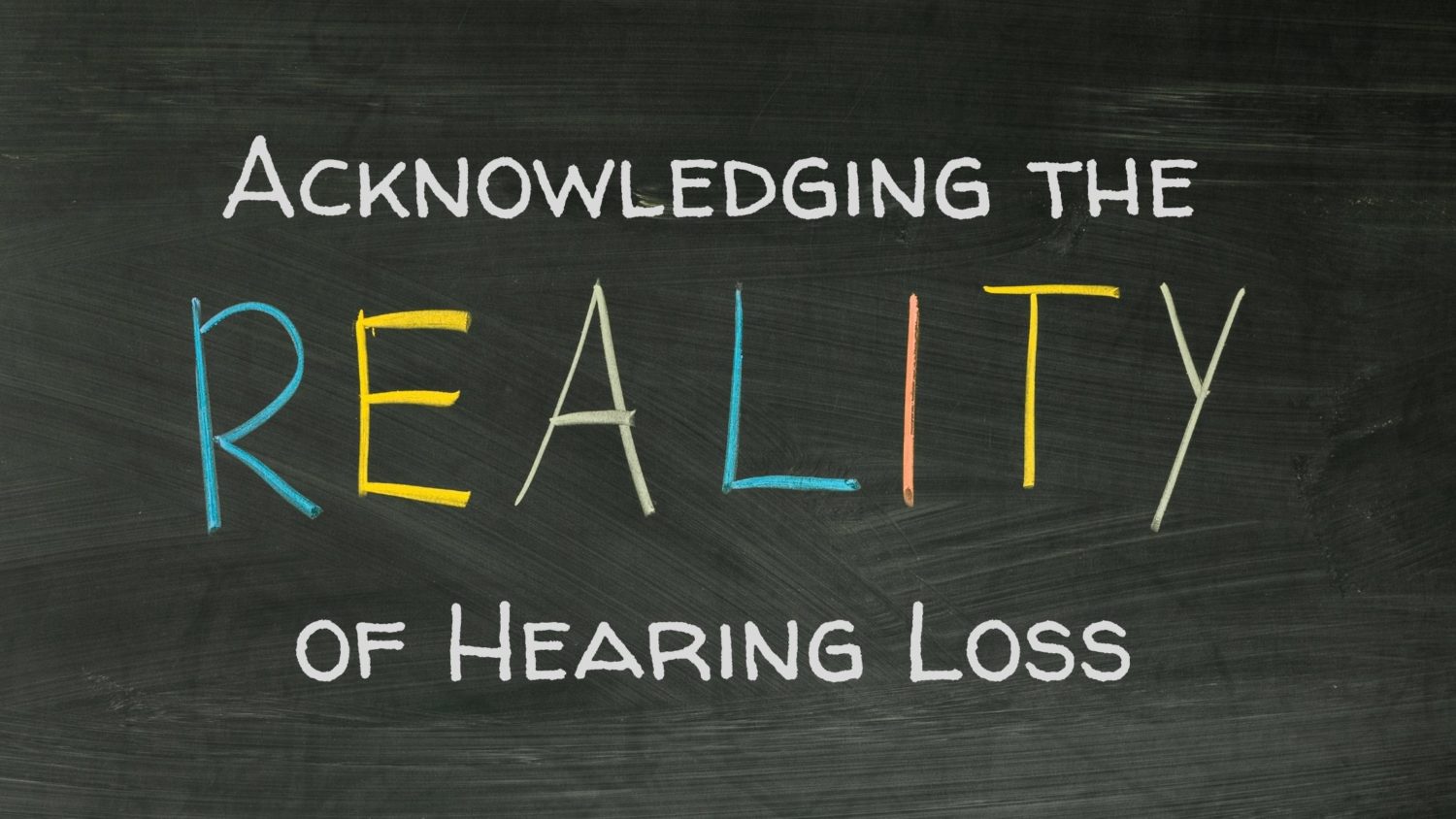- Are Cochlear Implants Worth It? - June 6, 2025
- Tips for Using Hearing Aids in Different Environments - May 27, 2025
- Rechargeable Hearing Aids vs. Battery-operated Hearing Aids - May 16, 2025
It is estimated that one in eight people in the United States (13 percent, or 30 million) aged 12 years or older has hearing loss in both ears. While age related hearing loss is the most common type of hearing loss, this condition can develop at any age and is more serious than you may first think. While one in three people over the age of 65 have hearing loss, currently 2% of the US population 45-55 have hearing loss, meaning that even if you are not technically a senior, hearing loss could still be something which you may have to deal with.
Hearing Loss is More than Frustrating
It can be incredibly frustrating to live with hearing loss. It’s difficult to hear your friends, co-workers and family members. It may first start in crowded or noisy spaces when more than one conversation is happening at once. It can be difficult to prioritize just the sounds you want to hear with hearing loss. Over time you may find yourself having to ask people to repeat themselves more and more often or find you need the television turned up louder than others. It’s common to think that this is not a big deal but these early signs of hearing loss are already affecting your cognitive health, your relationships and your performance in the workplace. Some research indicates that untreated hearing loss has several very dangerous side effects including:
- A greater risk of the onset of cognitive decline and dementia
- Increases the likelihood of loneliness, depression and social isolation
- Can decrease earning potential for those in the workforce
- Hearing loss can even be an early indicator of heart disease.
The Importance of Treating Your Hearing
Despite these devastating side effects, only about one out of ten people who could benefit from hearing aids actually wears them. On average, it takes seven to ten years from the time when a person notices hearing loss to the time, they seek treatment for it. This is a very long time to put off a hearing loss. Many of the side effects have a chance to progress past a point of healing.
The Importance of Regular Hearing Screenings
The Better Hearing Institute, recommends that every person get a hearing test once per decade until age 50, and once every three years after that. This is because the sooner you diagnose a hearing loss and treat it the sooner you can start to prevent or undo some of these side effects. A hearing healthcare professional will be able to tell you your exact hearing loss threshold and help you develop a hearing aid program which is designed specifically for your individual hearing loss.
From Fatigue to Atrophy
Because age-related hearing loss happens in our later years, we can often mistake fatigue due to hearing loss in old age. This is often not the case. When hearing loss sets in, our brain struggles to hear just some tones, pitches and consonants. This leaves huge gaps in our hearing which our brain works overtime to hear. Treating your hearing loss, will require your brain to strain less to hear, which can eliminate a significant amount of listening fatigue. You can channel this energy into your relationships, hobbies and work.
Hearing Aids Are an Essential Treatment
Part of the reason that people put off or ignore hearing loss is the stigma that hearing loss can make you seem old. However, there is nothing which can make a person seem more out of touch than struggling to hear without hearing aids. Your friends, family, co-workers and employers will all notice that you may seem distracted or disinterested when speaking to you. At work this can quickly turn into lack of earnings in the shape of missed promotions and raises.
However, hearing aids have been found to eliminate these issues, keeping earnings on par with those with normal hearing. Some people believe that hearing aids are more trouble than they are worth. However, the overall satisfaction for those who use hearing aids is on average 91% just after one year. To find out what hearing aids can do for you, make an appointment for a hearing test today. Get on the road to a higher quality of life with hearing aids starting now!

